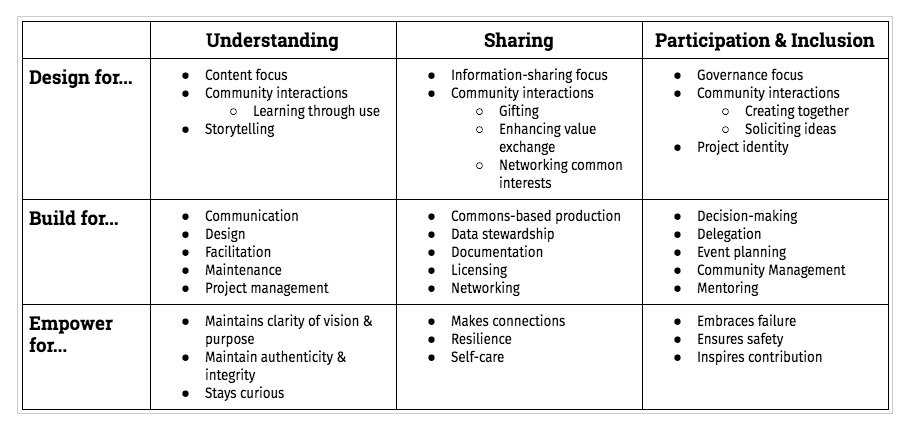Student satisfaction unrelated to learning behaviour and academic performance
 I seem to spend a lot of time lately moaning about bad data practices. About approaches to learning analytics which appear to be based on looking at what data is available and the trying to think out what the question is. And particularly over the different proxies we use for learning.
I seem to spend a lot of time lately moaning about bad data practices. About approaches to learning analytics which appear to be based on looking at what data is available and the trying to think out what the question is. And particularly over the different proxies we use for learning.
So, I particularly liked the report in THE of the inaugural lecture by Professor Rienties at the UK Open Universitity’s Institute of Educational Technology. Professor Rienties outlined the results of a study that examined data on 111,256 students on 151 different modules at his institution. He found that student satisfaction, one of the most common used proxies for learning and achievement, is “unrelated” to learning behaviour and academic performance. According to THE:
Significantly higher student satisfaction was found in modules in which students received large amounts of learning materials and worked through them individually, than in courses where students had to collaborate and work together.
However, the best predictor for whether students actually passed the module was whether there were collaborative learning activities, such as discussion forums and online tuition sessions.
Students who were “spoon-fed” learning materials also spent less time in the virtual learning environment, were less engaged, and were less likely to remain active over time than their peers engaged in more collaborative activities.
 Writing in
Writing in 
